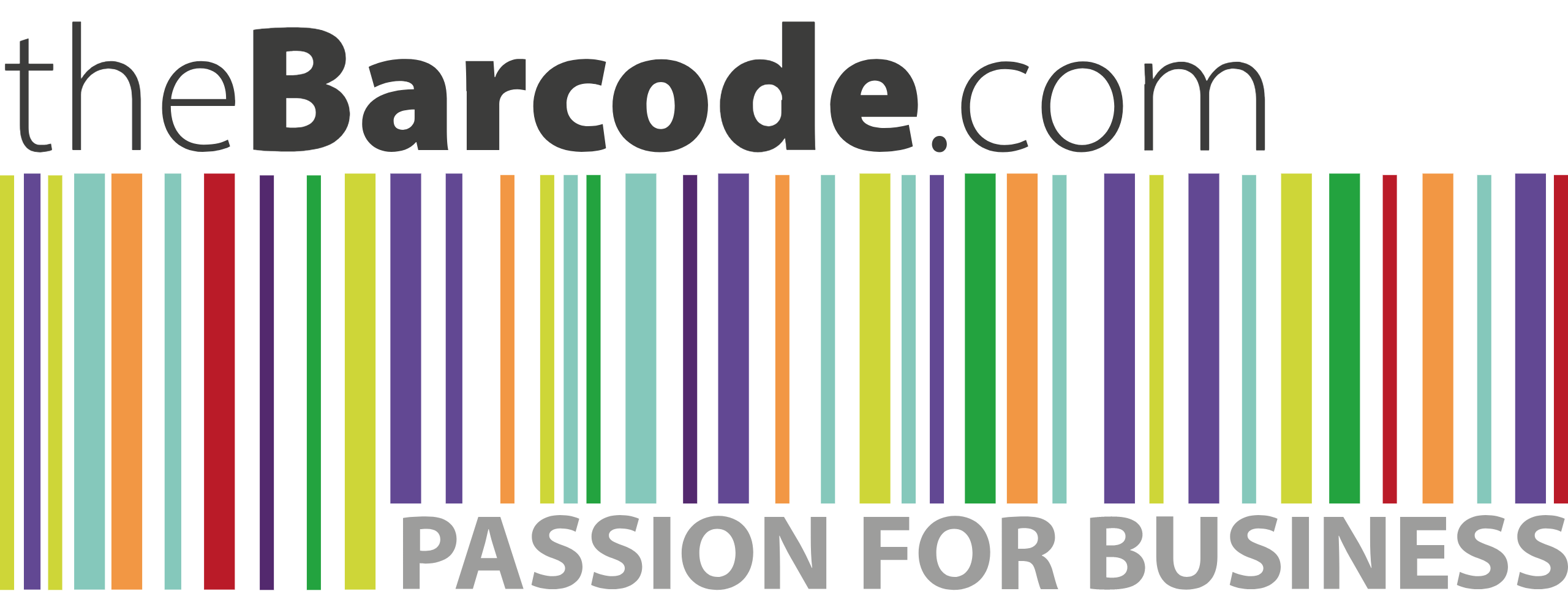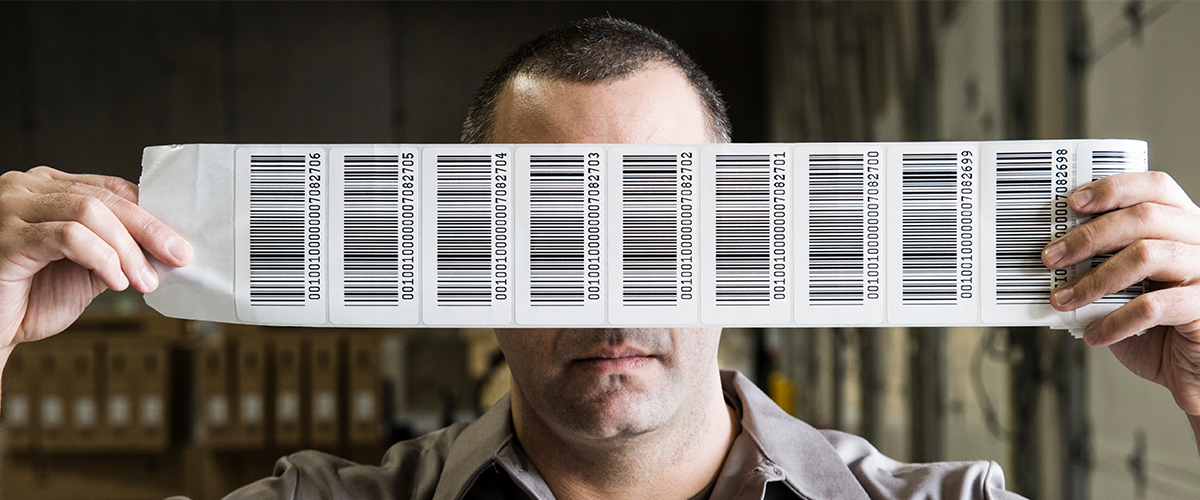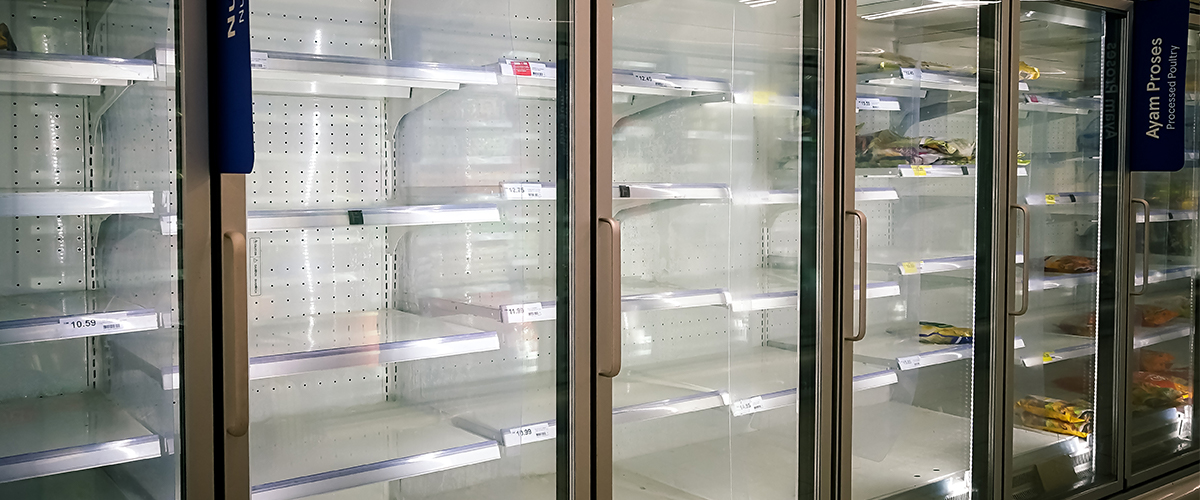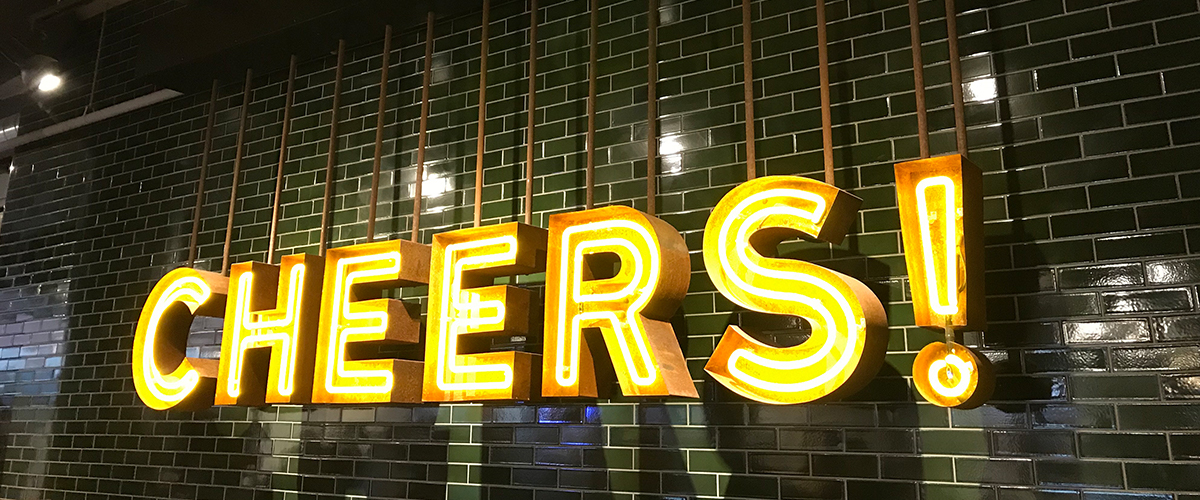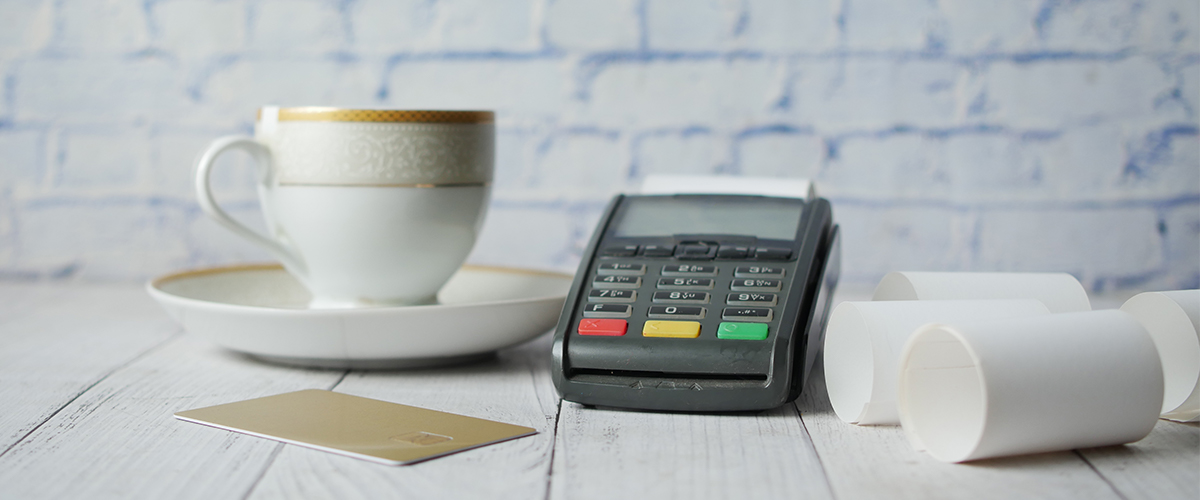Cheers To A New Future
Consumption of alcohol is a major league business responsible for nearly $6 billion in annual sales. About 75% of the adult population in the US drinks alcohol at least once a year. Of these, 5-10% consume alcohol regularly. Opening a liquor store can result in a very decent income; people love to drink on every occasion- whether good or bad. However, the alcohol business also comes with many state and federal regulations, which are difficult at the best of times. Nevertheless, a liquor store can generate a consistent income for many years if you’re willing to employ thoughtful tactics and proper legal guidance. Read on how to set up a liquor store.

Liquor Store For Sale
Before opening a liquor store, it is essential to understand the demographics of your local community. For example, the elderly population is generally less likely to frequent a liquor store. Also, certain cultures may abstain from alcohol. Hence, knowing the age group and demographics in your area is essential. Other factors determining your liquor store’s success include residents’ wealth, marital status, and education.
Here are some handy links to get you started
- Graf Retail- Wine, Liquor & Spirit Sales Training
- The Spirit Business- Courses
- Fine Vintage Ltd- Spirit Courses
- Liquor.com- Best Online Classes
- AITNB- Responsible Beverage
What Are The Pros Of Running A Liquor Store?
The most significant benefit is that the liquor store business is recession-proof. It is rare to hear of a liquor store that has gone bankrupt. People love to drink alcoholic beverages no matter what the occasion. People usually turn to alcohol to relax, drown their sorrows, or enjoy themselves.
- Few people venture into the liquor business because of various state laws and regulations, so there is less competition for startups. Every single state monitors the number of liquor stores in local communities.
- Extended shelf life inventory: Most alcoholic beverages’ shelf life is long, unlike food and perishable products. These beverages can be stored in a cool dark place for months/years without altering the flavor.
- The other benefit is that the demand for alcohol is endless. The populace tends to drink regularly, regardless of the day, time, or month.
- In most cases, there is no need to advertise in the liquor store business. The public has a good nose for alcohol and will sooner or later find your store.
What Are The Cons Of Owning A Liquor Store?
- Low profits: The liquor business can experience the lowest yields. Net take-home profit varies from 10-15%; owners only survive by increasing sales volume.
- Highly regulated: The liquor business is highly regulated at many levels. One cannot do many things, and navigating these rules can be difficult. The penalties are severe for those caught breaking the law, resulting in the loss of a liquor license and substantial fines.
- Startup costs can be high: Startup costs are high because of rent and inventory. Some states’ licensing fees are hundreds of thousands of dollars.
- License is location-specific: It is essential to know that the liquor license is only for one specific location. Should you decide to move to another site, you will have to reapply and fork out another considerable amount of money.
Owning A Liquor Store
There are several options available, including:
- You can buy an existing liquor store- this is perhaps the best option if it makes a profit. Purchasing an existing store will also save the new owner a ton of money and time in obtaining a liquor license.
- You can build one from scratch, but the costs can be extreme, and problems are associated with obtaining a liquor license.
- Buy into a liquor store franchise; all franchises have an initial franchise fee that starts at around $30K. Then there are royalty fees, administrative fees, marketing fees, training fees, etc. These fees recur annually. The advantage of a franchise store is an established brand behind you that helps with marketing, supports your merchandise chain, and trains your staff. But startup costs can vary from $200K to $1 million.

New Liquor Laws
Suppose you think getting a liquor license is a hassle. In that case, you also should be aware that many local jurisdictions have limits on when the liquor store can open during the day. Further, some jurisdictions do not permit the sale of beer and wine with spirits. And finally, some jurisdictions do not allow the sale of any liquor. And the crazy thing is that these restrictions are not statewide but may vary from community to community. Hence, it is vitally important to know all the laws concerning alcohol before opening your store.
Liquor Store License
Getting the necessary documentation in place before launching a business in the United States cannot be overstated. You cannot run any business without proper documentation.
Here are some of the essential legal documents that you’ll need to have in place if you want to operate your own liquor store business in the United States of America;
- A certificate of organization.
- Commercial license.
- Taxpayer identifier/tax identification number.
- Business plan.
- Food and Beverage Manager Certificate.
- Sanitary inspection certificate.
- Proof of the food and beverage manager ID card issued by the district.
- Copy of service center license and recent inspection report.
- Employee manual.
- Employment contracts
- An operating contract for limited liability companies.
- Insurance policy.
- Alcohol license.
- Franchise or trademark license (optional).

Liquor Store Business Plan
The best way to understand the liquor store business is to develop a solid business plan. Researching essential details can help prevent any significant setbacks. The plan should contain the following:
- What are the startup costs for a liquor store?
- What type of liquor store should I buy?
- Where is my liquor store located?
- How much profit will I make?
- What are the negatives of running a liquor store?
- What licensing requirements exist for a liquor store?
Here are a few examples of liquor store business plans
- Business Plan Template- Liquor Store
- Grow Think; Business Plan Template
- Upmetrics- Business Plan
- Start-Up Back- Liquor Store Business Plan
Liquor Store Business Incorporation
Check out these few companies that can assist you in getting your LLC started.
Here are a few government links you might want to visit
IRS Website
This site by the IRS is a must-see when beginning your LLC
Buying A Liquor Store
Most lenders tend to look at liquor stores as a safe investment, chiefly because there is a considerable demand for alcoholic beverages all year round. However, you will need a good credit score, a 20% downpayment, and a business plan to get a loan. You must show the lender that you have studied the potential earnings over the next few years.
Write a detailed business plan: There is no doubt that financing a business is one of the critical factors to consider. If you have a good, achievable work plan, you might not have to work too hard to convince your bank, investors, and friends to invest in your business.
Here are a few law firms that specialize in the liquor store business
- NAABLA: Liquor Store Attorneys
- Messner: Liquor & Tobacco Licensing
- Pillsbury Law: Wine, Beer and Spirits Law
- Coranober: NY Beer & Liquor Lawyers
- StacyWeiss Law: Liquor Licensing
- Bahranderson Law: Chicago Liquor Licensing
- OrtaleKelley Law: Alcoholic Beverage Lawyers
Liquor Store Profit Margin
According to recent data, liquor stores are not very profitable, averaging 10-15% in net profit. So for every $100 worth of alcoholic beverages you sell, you will take home less than $10. A liquor store owner’s average income may vary from $80K to $110K yearly.
How Can I Increase Profit in My Liquor Store?
- Offer mixology classes
- Cater to alcohol and food parties
- Offer home delivery
- Sell food items like crackers, cheese, wine glasses, etc
- Combine with a nearby bar and restaurant
What Are The Startup Costs For A Liquor Store?
- Rent depends on the size and location $10K-$30K a month
- Cabinets, shelves $5K-$10K
- Security system $1K
- Insurance $1K
- License $300 and above
- Utilities $300
- Marketing $500
- Inventory $500K-$1 million minimum
- Remodeling $10K minimum
- Fridge and walk-in coolers $20k
- Compliance with fire and safety $10K-$20K
All told, you will need anywhere from $100K to $500K dollars to start a liquor store.
Funding My Liquor Store Business
It can be profitable to own a liquor business, especially with a small liquor store on a street corner. Securing a standard, well-positioned store and stocking various liquors, wines, and beers of different brands are part of what will consume a large amount of your starting capital.
If you start the business on a large scale, you will need a cash source to fund it because it is expensive to create a traditional large-scale alcohol distribution business.
Here are some of the options you can explore when looking for start-up capital for your alcohol sales business;
- Personal savings, selling personal assets, and property.
- Fundraising from investors and business partners.
- Sell shares to interested investors.
- Apply for a loan from your bank.
- Present your business idea and apply for business grants and seed funding from donor organizations and angel investors.
- Source for subsidized loans from family and friends.
Here are a few of your options
Small Business Administration
The Small Business Administration, SBA has a program to fund new startups and is worth a look
Crowd Funding
Here are some startup or crowdfunding investment websites
- Kickstarter
- INDIEGOGO
- Fundable
- WeFunder
- FundRazr
- SeedInvest
- Go Get Funding
- Equity Net
- Seedrs
- Patreon
- Lending Club
- Funding Circle
- Circle Up
Do I Need A Liquor Store License?
Before opening the liquor store, you must register with the Alcohol and Tobacco Tax and Trade Bureau. Registration is only essential for documentation purposes.
You will also need to get a liquor store license, valid for ten years. A liquor license cost may vary from $1,000 to $5000, depending on your store location and state. The licensing fees are highest in large cities and lowest in rural areas.
Liquor Laws By State
Liquor Store Employees
The majority of liquor stores are owner-operated. Either the owner themselves or their families. However, for large stores, it is crucial to hire employees to produce more productivity. But the employee has to be screened thoroughly. Unfortunately, theft is common in the liquor store industry.
Open a Liquor Store Near My Location
Even though there is a constant demand for alcohol, the margins are low. So it is vital to set up a liquor store as far away as possible from the competition. In most cases, it’s not another liquor store but a gas station, Walmart, or grocery store. These stores can sell beer and wine without rigid restrictions that challenge the liquor store businesses. If your store is near a saturated market with other liquor stores, you will struggle to make a profit. Liquor stores perform best in local communities, with only a few liquor shops. Still, on the other hand, there are also zoning laws that prevent a liquor store from opening.
Real Estate Agent Consult
Once you have identified a potential location, the next step is to consult with a real estate agent. Many cities and towns have rigid laws on where you can sell alcohol. For example, you cannot have a liquor store near a school or place of worship in some areas. Also, most cities have a cap on the number of liquor stores in one community. The licensing fees may vary from a few hundred dollars to a few thousand. Plus, the laws governing a liquor store’s opening vary, so it is best to consult with a real estate agent to help guide you through the labyrinth of rules.

Liquor Store Inventory Cost
Purchasing your alcoholic beverages will be the most significant expense and probably cost a minimum of $80,000 to $200,000 for a large liquor store. Wholesale manufacturers rarely offer discounts to retail stores on the price of alcohol. However, you may get a deal depending on the volume of liquor you purchase. But it is important not to stock the store with just a few brands as they may not sell well. It is essential to determine which alcoholic beverages are prevalent in your area and then stock up as needed.
Follow The Law
Law enforcement monitors all liquor stores. Selling alcohol to underage customers can result in substantial monetary fines and even liquor license suspension. So always ask for proof of age, and if in doubt, do not sell. Also, learn how to identify fake IDs.
Robberies occur from time to time in liquor stores. It would help if you had security cameras and a powerful security system for your cash register area.
How Do I Market My Liquor Business?
- In general, there is no need to market a liquor store aggressively. The public will find out where your location is sooner or later. However, you can create a website to showcase your selection and prices.
- If your jurisdiction allows, you can also offer online shopping and delivery.
- Distribute flyers in the community
- Offer promotions and discounts regularly.
- Sponsor local events at concerts and festivals. Most communities prohibit liquor stores from sponsoring school or religious activities.
Liquor Store Equipment
- Fridge/cooler
- Walk-in freezer
- POs
- Cash register
- Security system
- Cabinets, shelves
- Security glass barrier
- Display cabinet
- Bags
- Labels
- Tags
- Marker
- Phone
- Computer system and software to track inventory
Here is a list of wholesale convenience store suppliers
- Uline
- C Store 1
- Mable
- Allen Brothers
- VK Wholesale
- C Store Wholesale
- General Mills
- CB Distributors
- Convenience Vallet
- Standard Distributing CO
Here are some popular liquor supply companies
- Modern Store Equipment: Wine Equipment
- Retail Store: Liquor Store Supplies
- DGS Retail- Liquor Store Shelving
- Discount Shelving: Liquor Store Fixtures
- Relis & Roth: Liquor Store Supplies
Check out some of these retail design companies
- Integer
- Super U Display
- On Q Solutions
- Callison RTKL
- Sergio Mannino Studio
- Mint
- Orange 22
- Pompei C3
- Gensler
- WD Partners
- NELSON Worldwide
- CESO Inc
- MBH Architects
Here are some design firms specializing in retail interior design
- Dgweimiao
- National Business Furniture
- DeZeen
- Shea Design
- DR Global
- Bungalow Design
- Board & Vellem
- Green FC
Here are some restaurant supply companies
- Webstaurant Store
- Restaurant Supply
- Katom
- The Restaurant Store
- Mission Restaurant Supply
- Restaurant Depot
- Restaurant Equippers Warehouse Stores
- Tundra FMP
- Standard Restaurant Supply
- ACityDiscount
- Culinary Depot
- Chefs’ Toy
Conclusion
The liquor business is not for everyone, chiefly because of the high startup costs and intense regulation. However, for those who do have the money, the industry is recession-proof and does provide a steady income.
